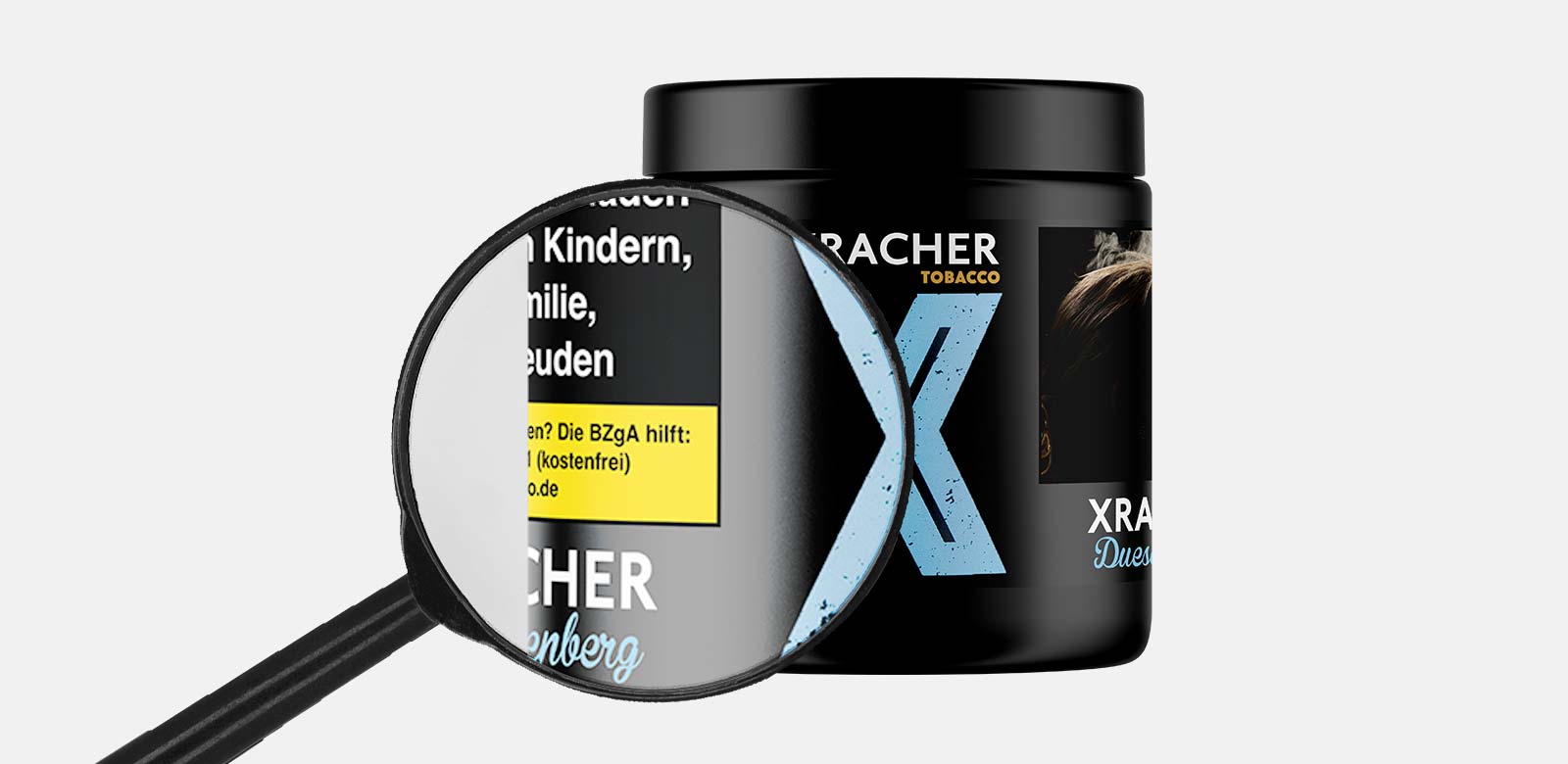-
Our offer is only for you if you are of legal age. Please confirm that you are at least 18 years old to proceed.
Our offer is only for you if you are of legal age. Please confirm that you are at least 18 years old to proceed.
Last updated on 23.04.2025 | Reading time approx. 2:21 min

We all care about our health – and if you smoke, you should at least know what you're getting into. There are many articles on the topic, but unfortunately very few good long-term studies on hookahs. This makes it difficult to make truly objective comparisons.
Still, anything you inhale that isn’t fresh air will eventually have some effect on your body – and that’s something to be aware of.
Carbon monoxide is produced by the charcoal and during the burning of tobacco. In enclosed spaces, this can quickly become dangerous.
Typical symptoms of poisoning include:
If you start feeling dizzy – ventilate the room, stop smoking, and get some fresh air. Never light coals indoors.
Hookah smoking can lead to serious health issues:
With a hookah, you inhale more deeply and for longer through the mouthpiece. The smoke is cooler thanks to the glass base (bowl), allowing it to penetrate deeper into the lungs and remain there longer than cigarette smoke.
Only partially. The water filters out some substances, but the majority remains. The smoke may feel smoother – but that doesn’t make it less harmful.
In the long term:
Health damage from tobacco doesn’t happen overnight – it develops over time. So if you occasionally smoke one or two bowls with friends, that’s not the same as smoking a pack of cigarettes every day.
Still, the healthiest option is no consumption at all. And if you do smoke, do it responsibly.
Hookah smoking can actually be more harmful than cigarette smoking due to the longer duration and deeper inhalation. While some toxic substances may be present in lower quantities, carbon monoxide, tar, and nicotine are often found in significantly higher concentrations.
The main reasons include high amounts of carbon monoxide, benzene, and nicotine, along with the large quantity of tobacco. The heat from the charcoal also promotes the formation of toxic gases, which is especially dangerous in poorly ventilated areas.
Yes, but only partially. Most substances are not water-soluble, so the water filters out only a few toxins. Many harmful substances still make it into the lungs. The smoke feels smoother, but it is not less harmful.
There is an increased risk of respiratory diseases, COPD, cardiovascular issues, high blood pressure, and cancer. The risk increases with the frequency and intensity of use.
Occasional smoking is less harmful than daily use, but it's not without risks. Health damage can develop gradually, even with irregular use. The safest option is to abstain from smoking altogether.
